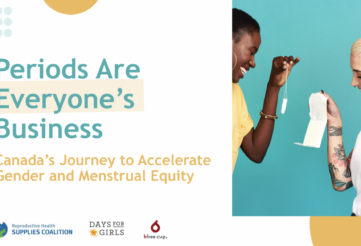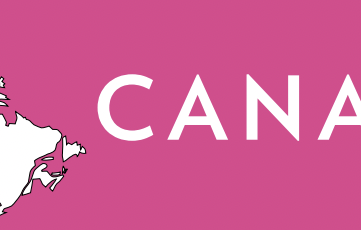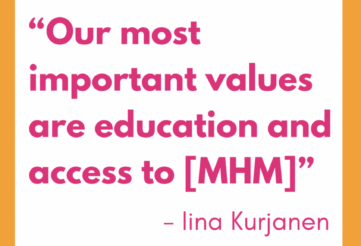Days for Girls International and MIET Africa’s Reusable Pads Study
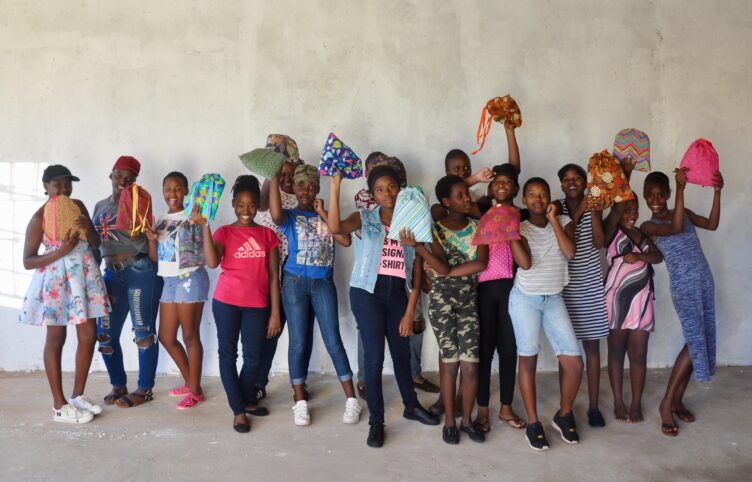
As global awareness of menstrual health (MH) grows, there is an increasing recognition that women, girls and people who menstruate not only want but need choices for their MH management. Prompted by this understanding, in 2022, Days for Girls International (DfG) collaborated with the South African Department of Women, Youth and Persons with Disabilities and MIET Africa – with funding from UNFPA and Water Aid – to conduct the Washable Pads Campaign (WPC).
The purpose of the WPC was to improve MH and decrease MH-related absenteeism among students in South Africa. To do so, the WPC introduced 1,662 students in the KwaZulu Natal, Eastern Cape and Gauteng provinces to DfG washable menstrual products as a potential solution to their MH needs.
The central barrier to safe MH management for the survey participants in this study – and South African students at large – is accessibility. Throughout South Africa, more than 3.7 million girls are unable to afford menstrual products. Of the 1,662 WPC survey participants, only 70% had someone in their household with a regular income sufficient to support their MH needs.
 In addition to the financial barriers to accessing disposable MH products, there are also health and environmental concerns (e.g., unsafe disposal and lack of access to sanitation facilities). The WPC addressed these concerns by combating the stigma around washable pads (e.g., the perception that washable pads are tedious to use or are the ‘poor girls’ choice’) and demonstrating to students the following benefits of reusable products:
In addition to the financial barriers to accessing disposable MH products, there are also health and environmental concerns (e.g., unsafe disposal and lack of access to sanitation facilities). The WPC addressed these concerns by combating the stigma around washable pads (e.g., the perception that washable pads are tedious to use or are the ‘poor girls’ choice’) and demonstrating to students the following benefits of reusable products:
- Management – do not require disposal facilities at homes and schools.
- Economic – last 2-3 years and do not need to be regularly purchased.
- Environment and Health – do not pose the potential harm of unsafe disposal as single-use products.
The WPC was incredibly successful in educating students to the benefits of washable pads, as well as reversing disinterest and stigma around washable pads. Here are some of the key findings from the WPC:
- Prior to the survey, only 3% of participants used and/or expressed interest in using reusable pads. After the study, 55% of participants continued to use washable pads.
- There was a 12% decline (from 47% before the study to 35% after the study) in the number of survey respondents who considered washable pads as ‘not modern’ or outdated, indicating a positive shift in perception.
- After the study, 80% of respondents in the Eastern Cape and 50% of those in KwaZulu Natal recommended using washable pads.
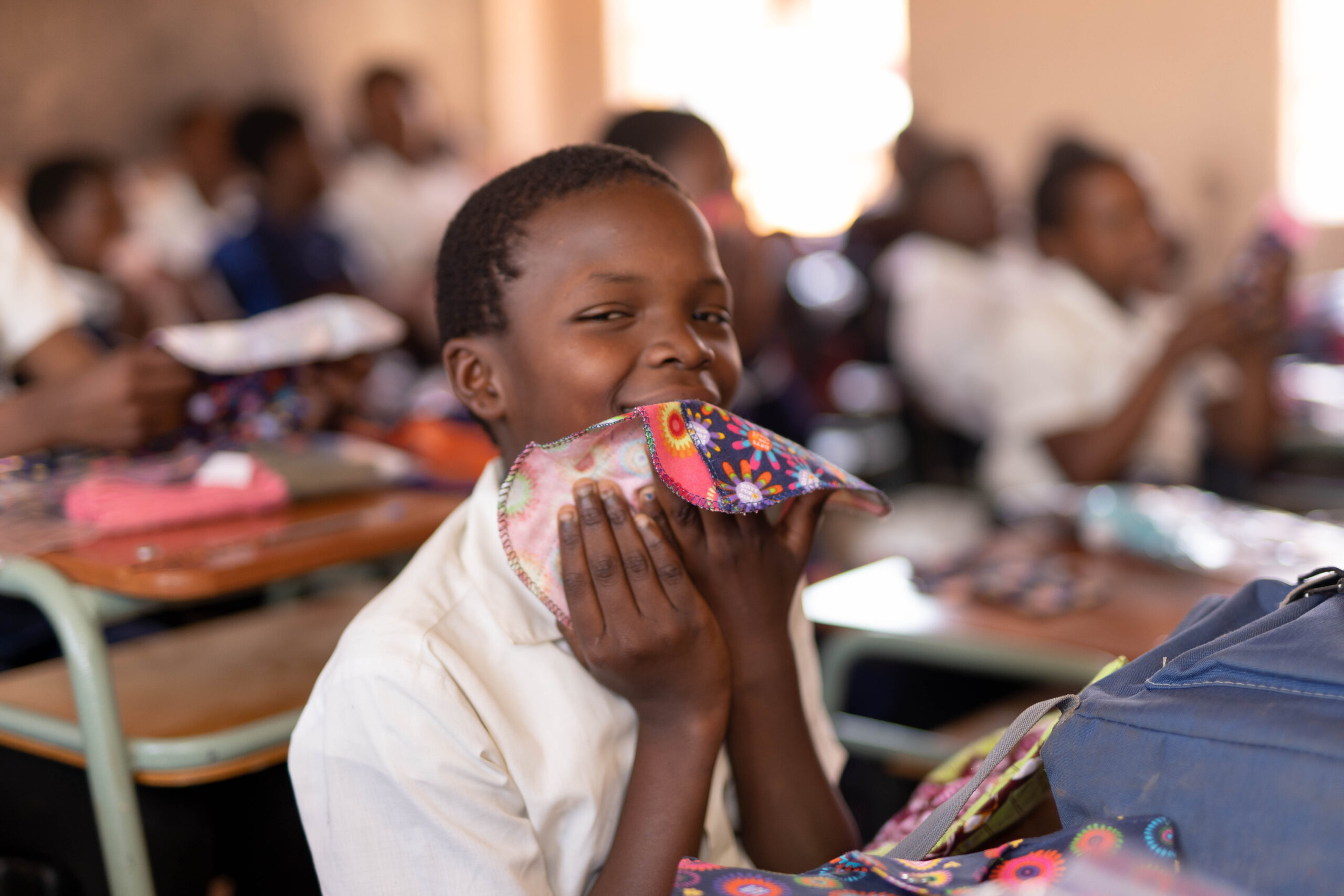
While there is still a long way to go in normalizing reusable pads and eliminating the stigma associated with them, these statistics capture the encouraging progress that was made by instructing South African students about washable pads. Promoting the use of washable pads has the ability to benefit the lives of students as they have the tools they need to attend school and participate in society without having to worry about menstrual products, prices, or waste facilities. In turn, this will benefit the whole of South Africa as communities that struggle to afford and access menstrual health products overcome menstrual stigma, fostering gender equity and improved well-being for all.
To read the full report on the Washable Pads Campaign, click here.
To see an infographic detailing additional findings from the report, click here!







